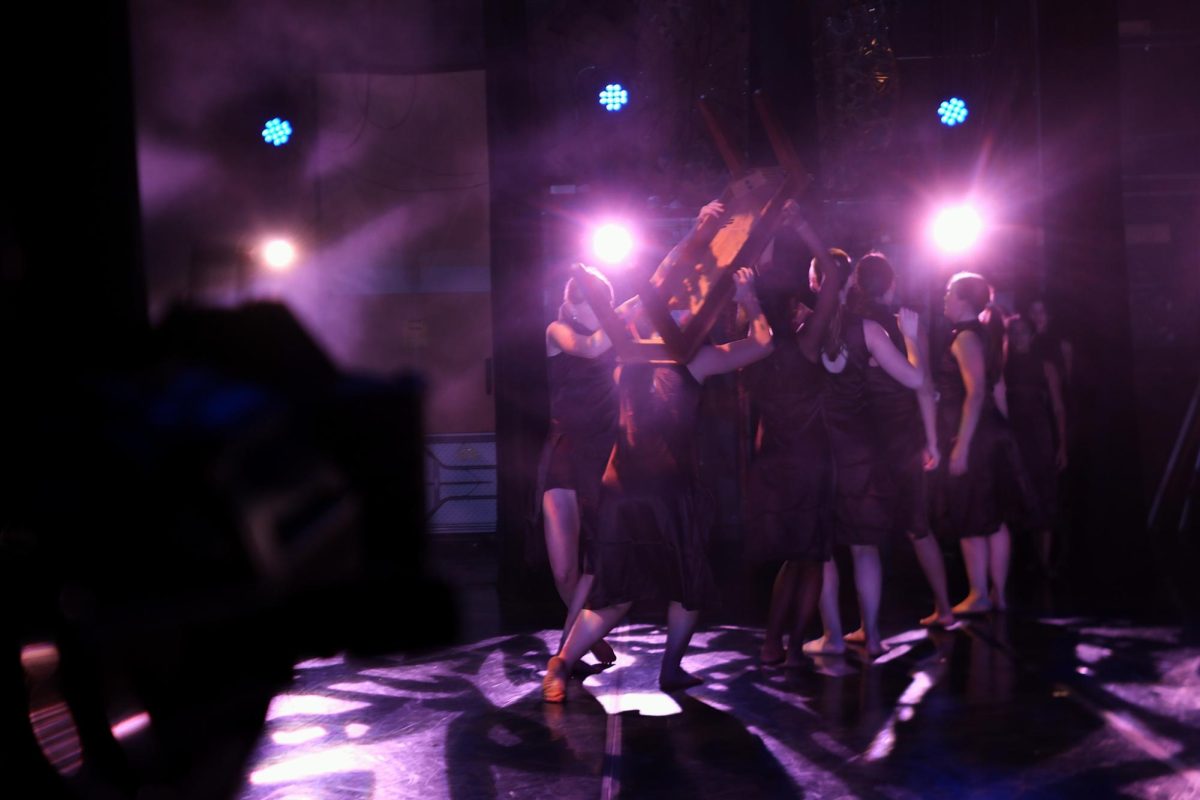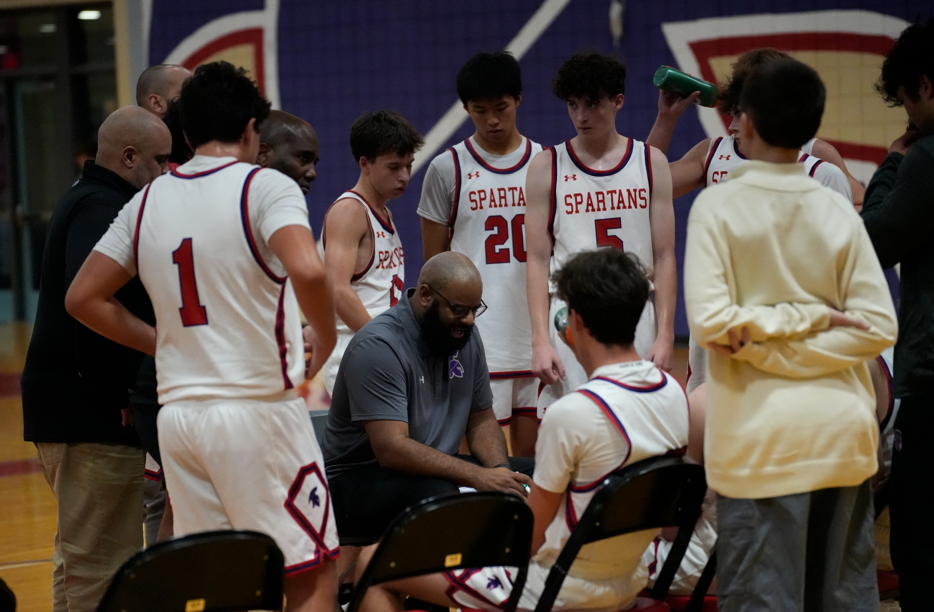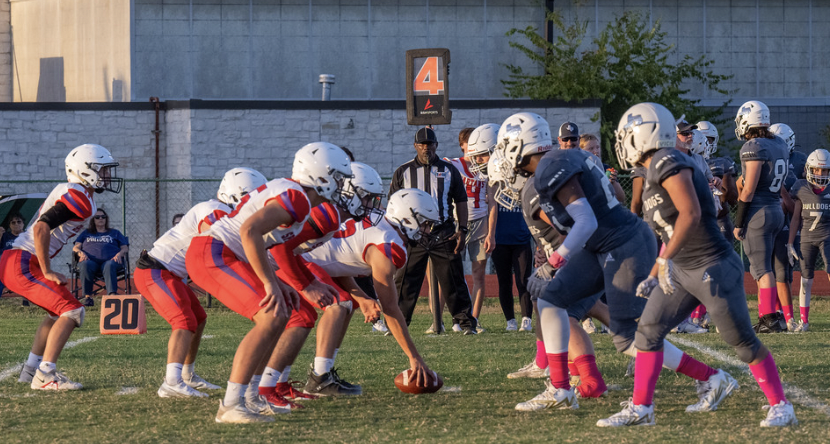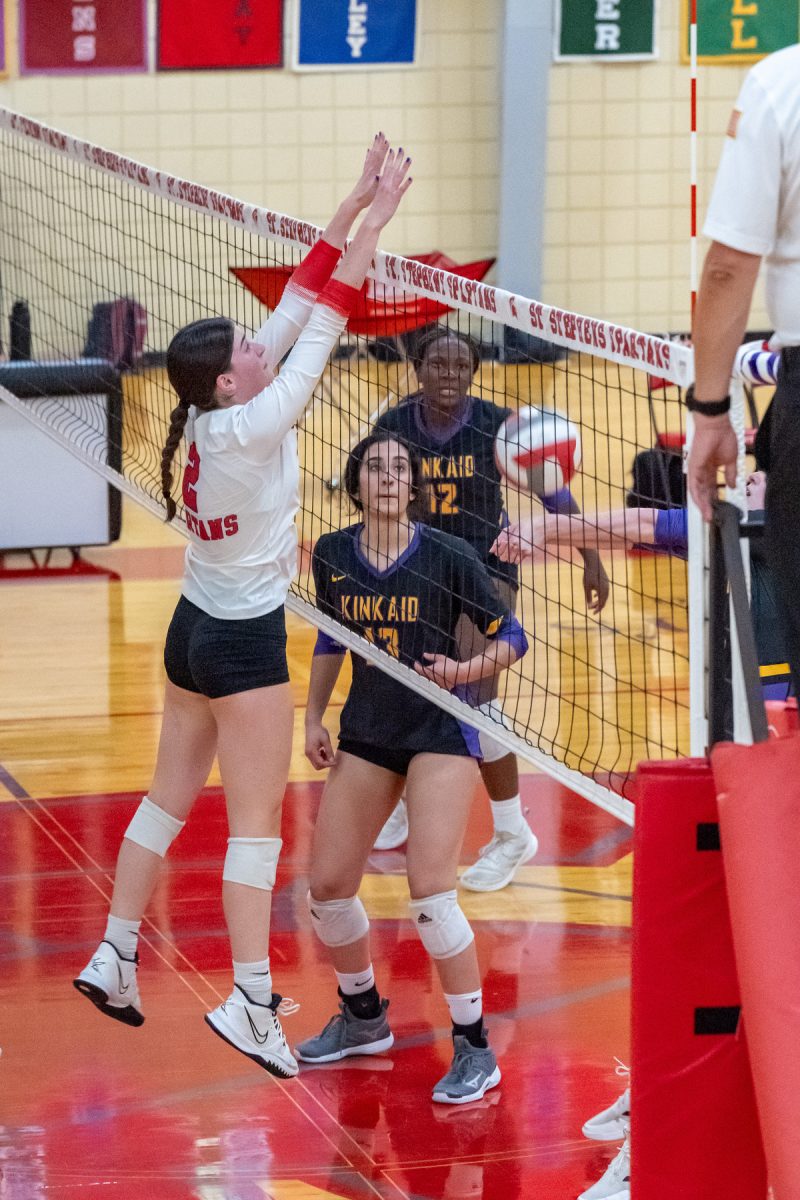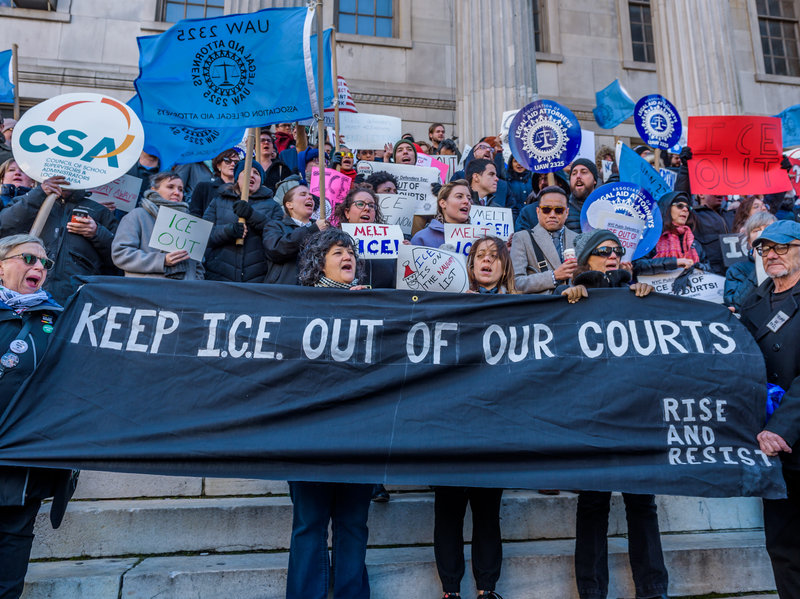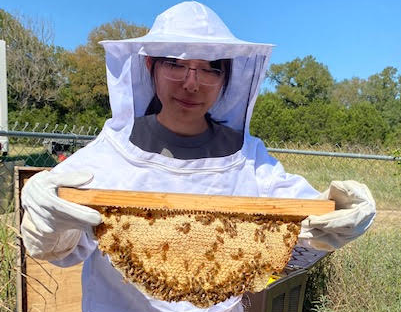If you’ve been anywhere in the news lately, then you’ve probably heard about the U.S. Immigration & Customs Enforcement (ICE)’s detention of U.S. citizens mistakenly labeled as foreigners and alleged illegal aliens. As the Trump administration continues to ramp up its numerous deportation efforts, many immigrants with valid visas and green cards have been detained and jailed with no justification given for their arrests (The Seattle Times). All of these proceedings are conducted under the protection of Trump’s revived Alien Enemies Act of 1798, an obscure and controversial law that has been invoked sparingly throughout U.S. history, used only three times to detain or deport foreign nationals strictly during wartime or in the event of an invasion. As for its origin, the Alien Enemies Act was created to widen the presidential powers to target and remove individuals deemed “enemies” of the state, often by bypassing due process.
Failing to address the constitutionality of the act, the Supreme Court took this recent Monday ruling and allowed Trump to use it to deport Venezuelan migrants accused of being “violent criminals.” The administration argues that “the gang has become an invading force,” and hence, justified the reenactment of the law (AP News). For years, Trump and his allies have fought for the perspective that this kind of executive power is necessary to preserve national security, despite critics who argue that it erodes constitutional protections.
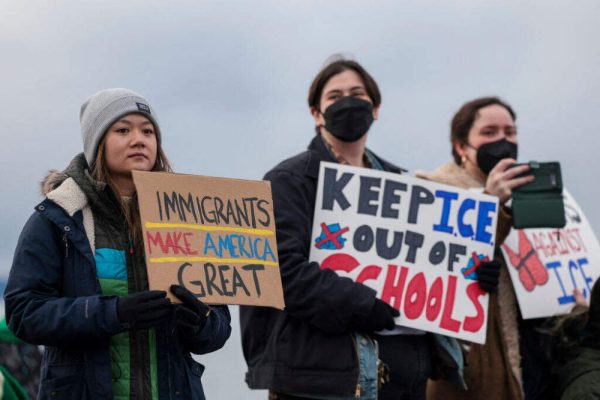
But these developments aren’t just in national headlines. Within our school community, Mr. Gunnin explained how these national developments have impacted St. Stephen’s. Discussing the shifting legal environment, Mr. Gunnin acknowledged that the federal government’s recent rescinding of its “designation of schools and places of worship as safe spaces” has significantly disrupted students and families’ feelings of security. This change, he explained, caused understandable fear and interfered with a larger sense of safety that schools are traditionally meant to provide. To counter this, the administration has taken steps to reinforce protections on campus. Mr. Gunnin and staff members have been in close communication with legal counsel, school heads, and security personnel to ensure that any measures put into place are not only lawful, but also honor the school’s top priority of making sure all members of the community—students, faculty, staff, and families—feel safe and supported. In the event that law enforcement, including ICE officers, were to come to campus, the school has established a clear internal response plan. Security staff are instructed to immediately contact both the Director of Security and the Head of School right away, and the school maintains 24/7 legal support in order to ensure that all actions comply with the law while simultaneously prioritizing the wellbeing of its students. As Trump’s immigration policy continues to evolve, students and staff must engage in constructive discussion that preserves a safe sense of community on campus.

